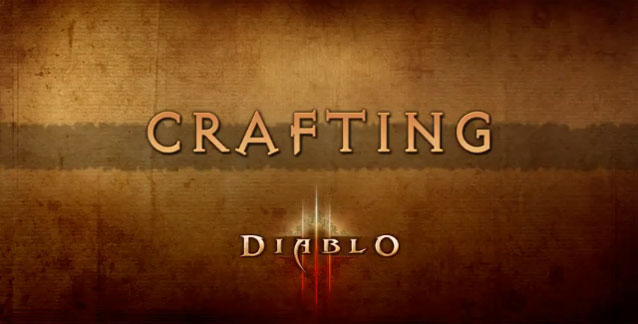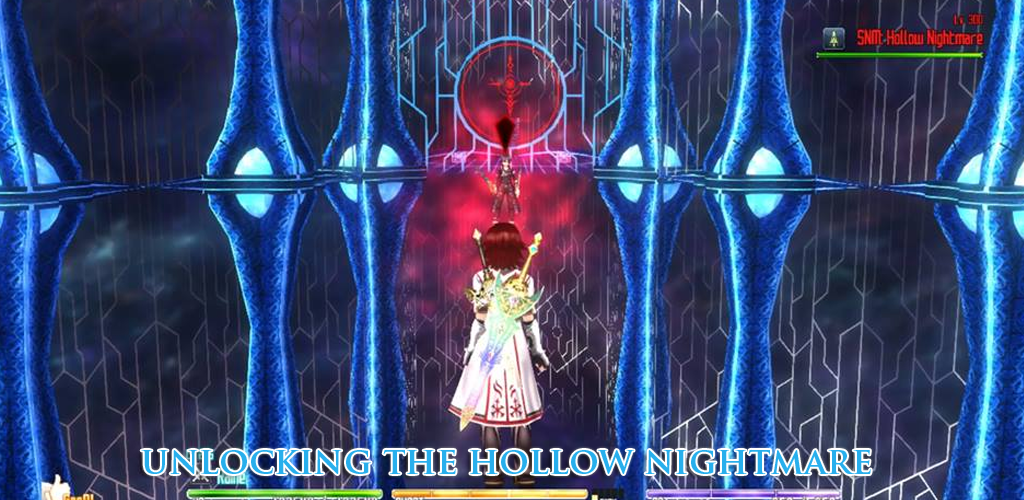


Diablo II featured two ways to craft items. Through the Horadric Cube, it was possible to combine a variety of items into something new as long as you knew the recipe. It was also the only way to access the Secret Cow Level. Unfortunately, the Horadric Cube and its recipes were limited to a few scant magical items, none of which were very useful. High quality gems, attainable from transmutation through the Horadric Cube, lost their usefulness at higher levels.
The other way to craft items was through the use of runes and rune words, which required slotted equipment and corresponding recipes.
Both these features will not be making a show in Diablo III, and crafting is instead being replaced by an entirely new, and dare I say improved system involving salvage.
Cauldron of Jordan
The first item that will be made available to you early in your adventure is the Cauldron of Jordan. It's designed simply to transmute the items you find into gold, much like the Philosopher's Stone of legend. It has a permanent place on your character, requiring neither inventory slots nor maintenance.
As the Cauldron will allow you to melt your items down into gold, it will cut down on making trips back to town. Gold in Diablo III has many uses. As currency, it will allow you to buy items, and repair your damaged equipment. You can also buy shared stash slots for all your characters to use with gold.
Nephalem Cube
The Nephalem Cube, not to be confused with the Horadric Cube, breaks your items down into their raw materials for use as salvage. Just like the Cauldron of Jordan, you will acquire it early within your adventure. The Cube allows you to salvage materials from your weapons, armor, rings, runes and amulets for use in crafting. The rarer the item, the more valuable the salvage.
Crafting
Diablo III's crafting system comes from three artisans who accompany you throughout your adventure: the Blacksmith, Jeweler, and Mystic. These crafters are capable of creating new and wondrous equipment, adding enhancements, and carving additional gem sockets into your gear.
Each artisan will start with very little ability, and will have to be upgraded with the investment of gold, Pages of Training, and crafting materials for access to more powerful recipes. Additionally, rare recipes can be found on the corpses of monsters and within the game world itself. Every item you craft will require a variety of ingredients, and payment for services rendered.




 Fallout 4: Show No Mercy walkthrough
Fallout 4: Show No Mercy walkthrough Unlocking the Hollow Nightmare in Sword Art Online Re; Hollow Fragment
Unlocking the Hollow Nightmare in Sword Art Online Re; Hollow Fragment Deus Ex: Human Revolution Guide
Deus Ex: Human Revolution Guide Killzone: Shadow Fall Wiki .
Killzone: Shadow Fall Wiki . Witcher Seasonings - The Witcher 3 DLC Hearts of Stone Guide
Witcher Seasonings - The Witcher 3 DLC Hearts of Stone Guide